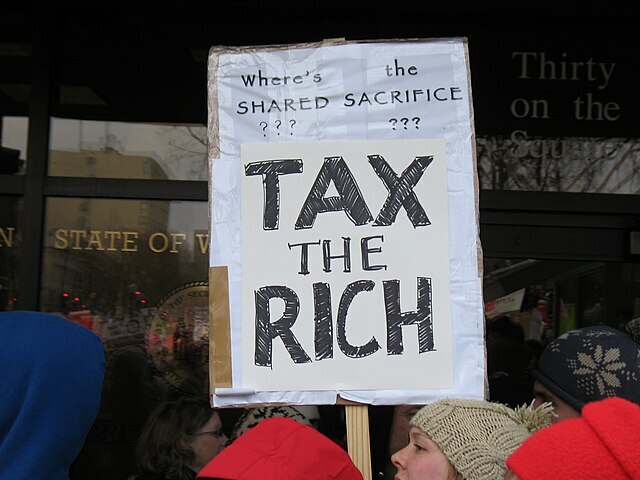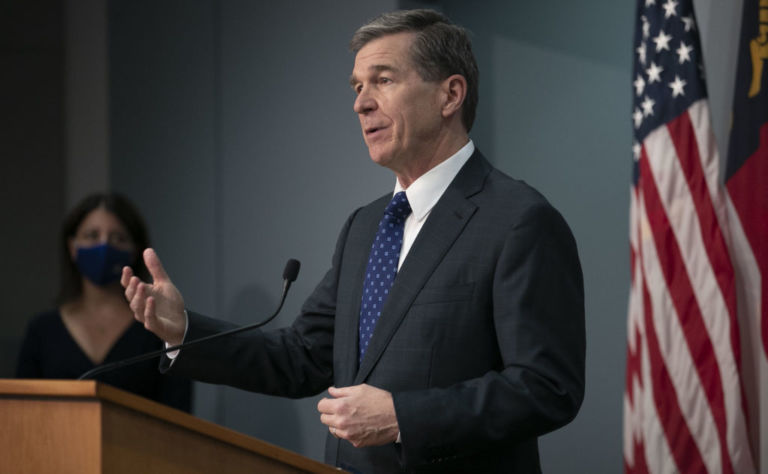With Americans now paying close attention to property tax rates and tax hikes, have we become a ‘citation nation’? Writing at City Journal, Jarrett Dieterle cites example after example of cities that are relying more on tickets, fines and fees to finance government. Although Dieterle doesn’t tag the practice to property tax sensitivity specifically, I wonder if it’s a factor.
According to surveys, 90 percent of U.S. mayors are seeking new revenue from sources other than traditional taxes, and 65 percent are looking to increase municipal fees for services. The attractiveness of tickets and fines as revenue generators is underscored by the fact that most people who receive tickets simply pay the fine and move on. Few are motivated enough—or possess the requisite time, patience, and resources—to challenge tickets in court. For those who do, the process in many local jurisdictions can be so time-consuming and convoluted that they simply give up and pay the fine even if they feel they did nothing wrong.
The writer also references a study of North Carolina counties’ activities from 1990 to 2003. While the study is old, it is fascinating.
In an article for the Journal of Law and Economics, economists Thomas Garrett and Gary Wagner analyzed ticketing data from North Carolina counties over a 14-year period, controlling for demographic, economic, and law-enforcement factors. They found a statistically significant increase in the number of traffic tickets issued by localities in the year following a decline in local government revenue. In other words, local governments that saw a dip in revenue from traditional sources, such as property taxes, were more likely to respond by increasing the number of tickets they issued.
Read the entire piece here.
If you want to stay on top of local government issues in North Carolina, be sure to read the work of Julie Tisdale, JLF’s city and county analyst. For example, you’ll find her piece on a $30 million ballpark in High Point here.


